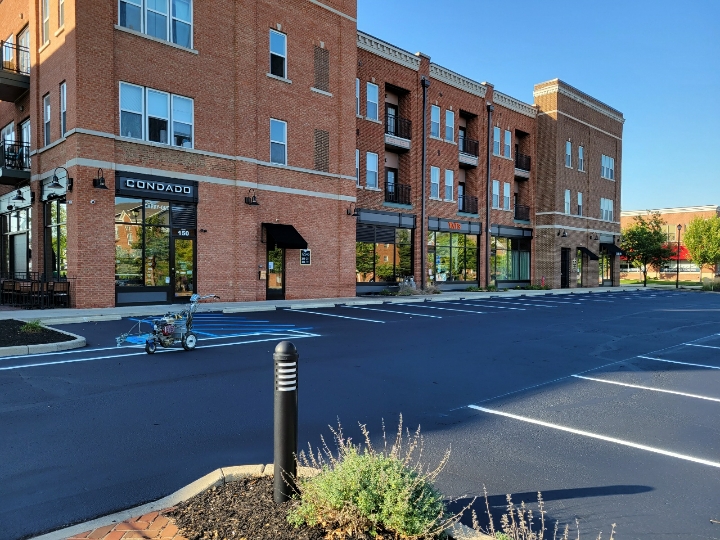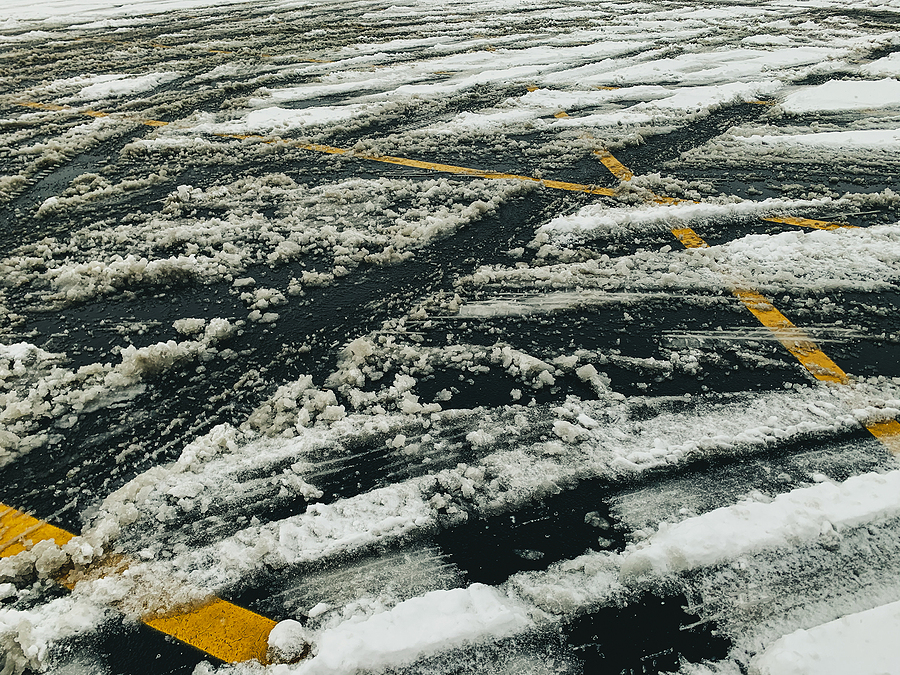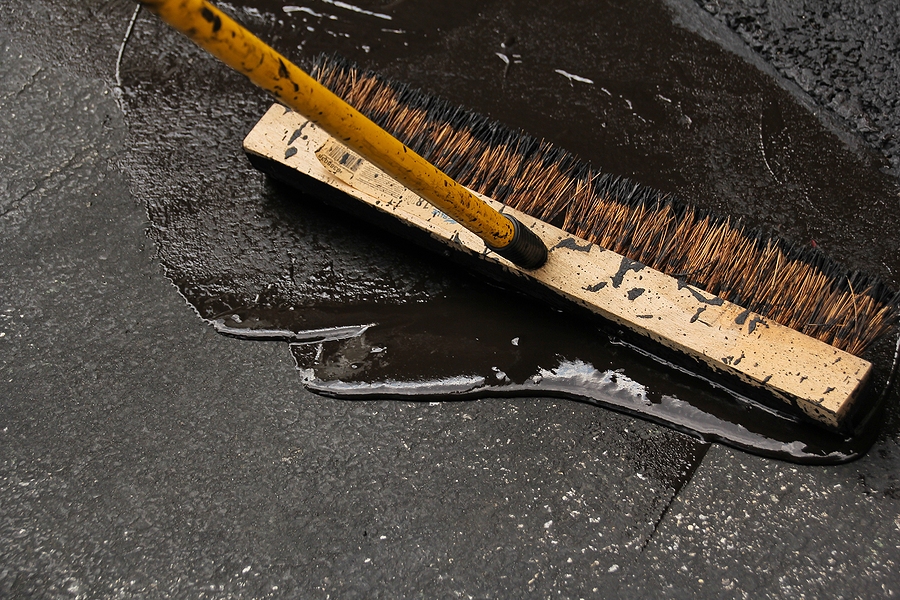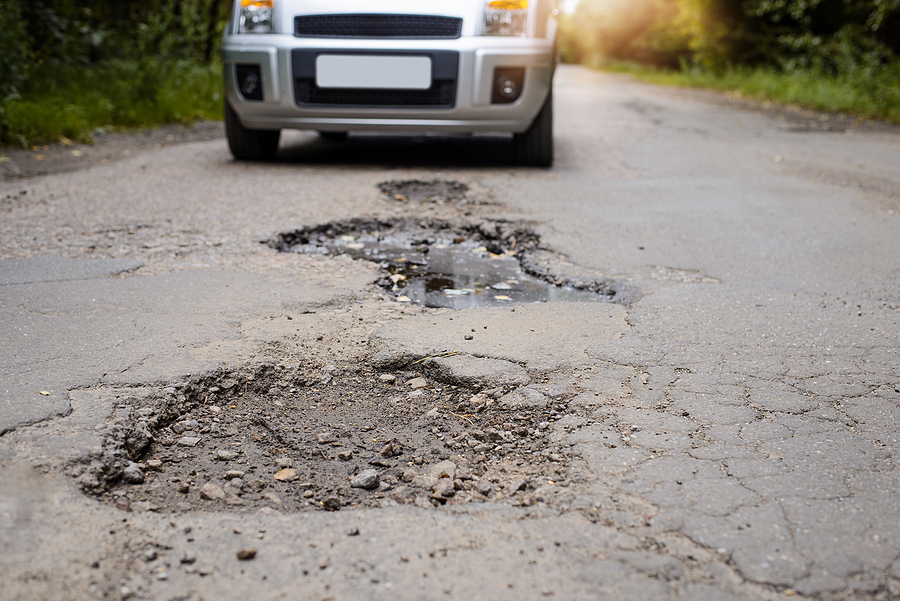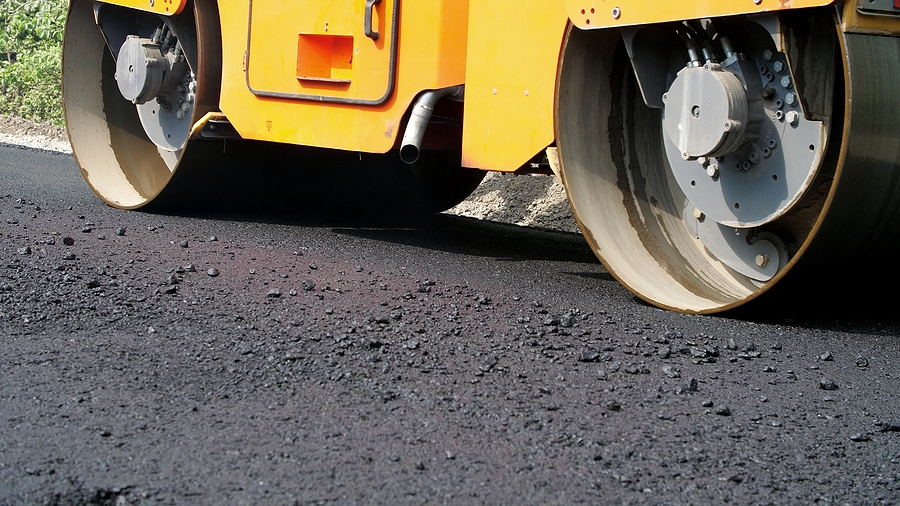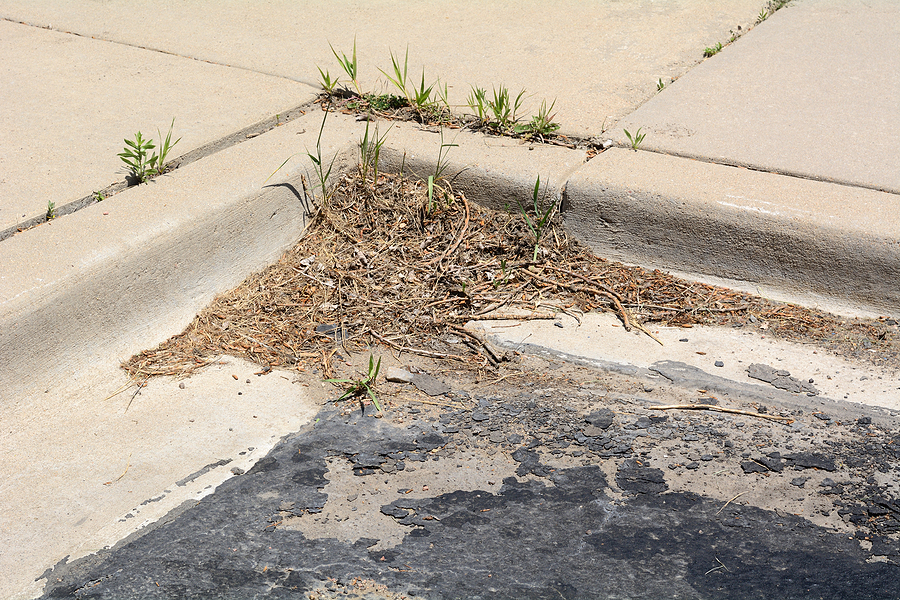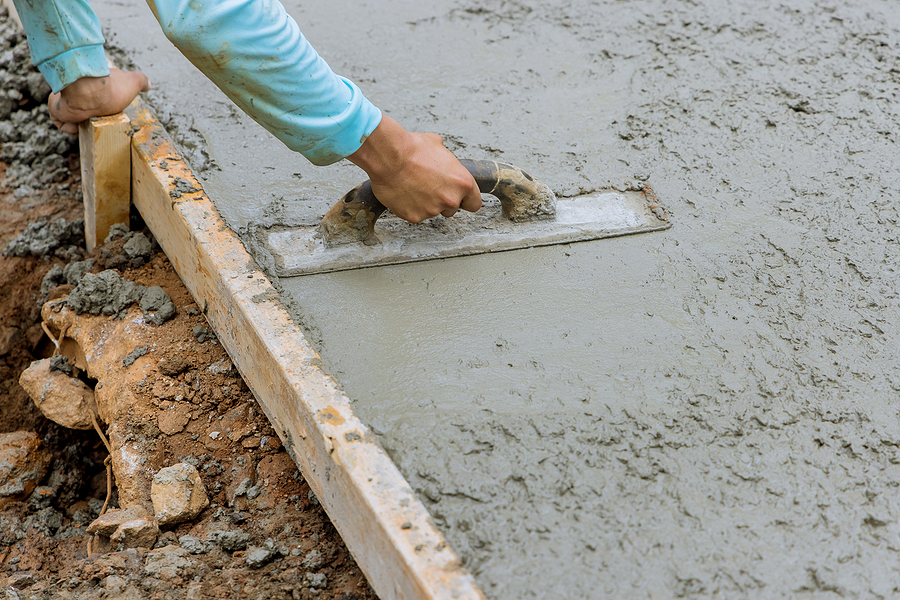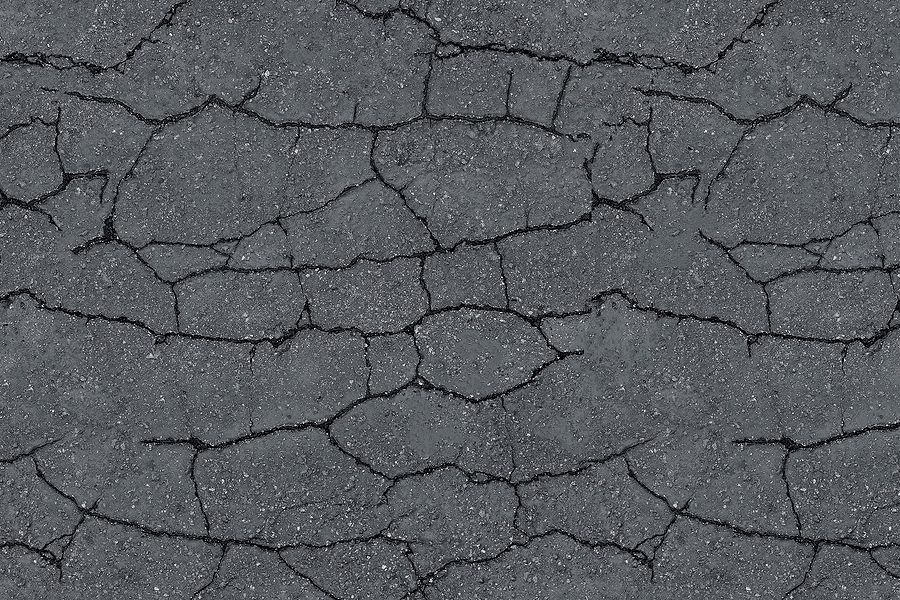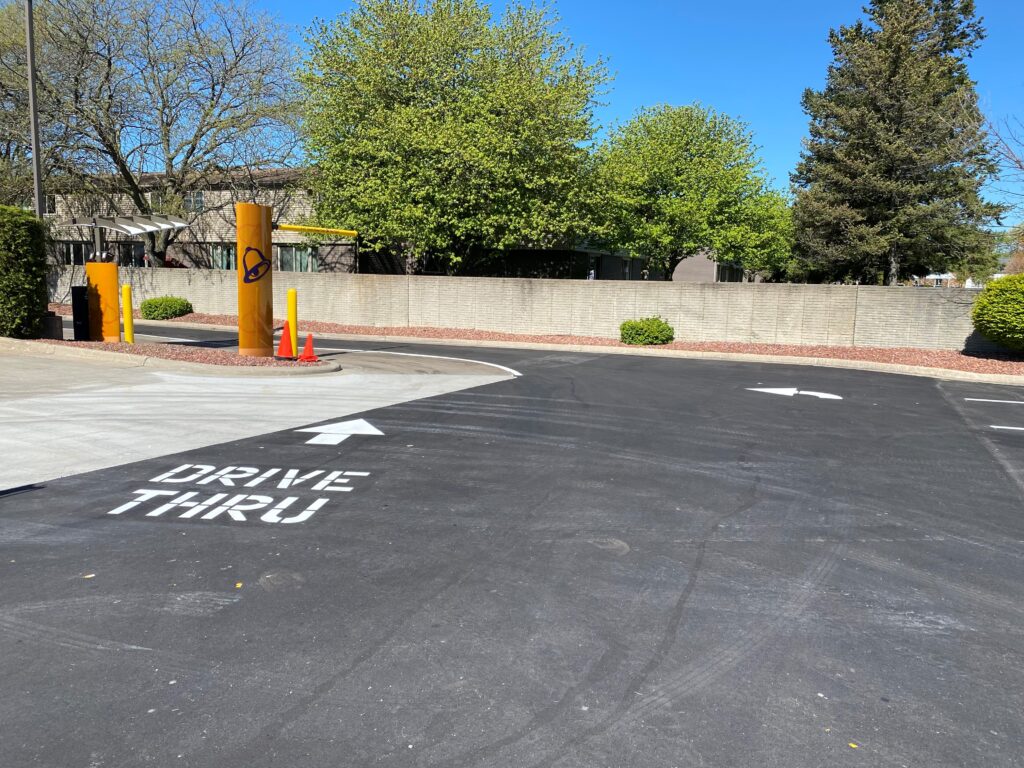Thick pavement is the key to a long lasting surface, whether you are working with asphalt or concrete. It can be tough to determine how thick your pavement should be, but with the right knowledge, you can make sure your paved surface or lot has enough thickness and durability to last for many years. In this blog post, we will discuss how thick asphalt and concrete pavement should be, as well as tips on how to determine the best thickness for your project. By following these guidelines, you can ensure that your driveway is built to last.
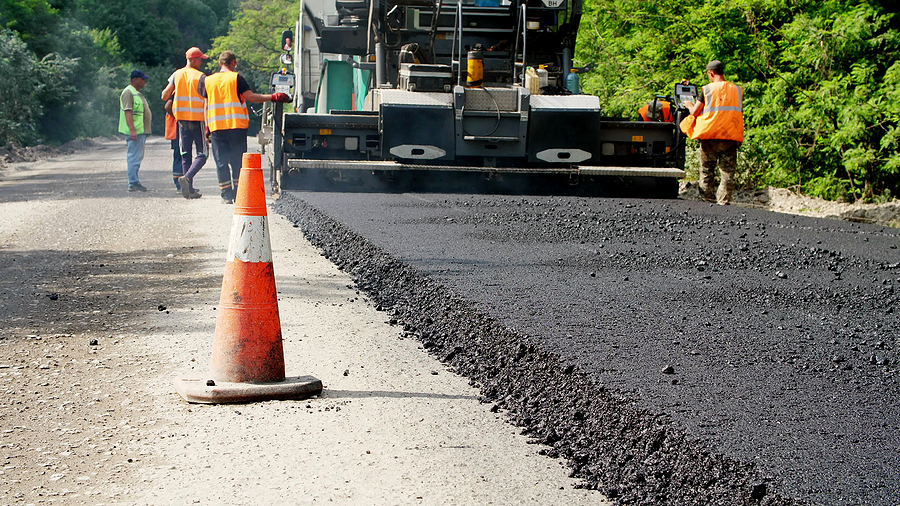
Proper Thickness for Asphalt and Concrete Pavement
Asphalt and concrete are both popular materials used for paved surfaces, each offering its own advantages and characteristics. As with any large-scale project involving either type of pavement, one of the most important considerations is achieving the correct thickness. Asphalt pavement should typically be laid between 4 inches and 6 inches thick. Residential driveways should be between 2 to 3 inches thick and commercial lots should be between 6 and 7 inches thick.
It is also important to remember that the asphalt layer should be supported by a strong base beneath it. If the granular base aggregate is not deep enough, the road surface can become compromised and result in further issues. Deeply compacted soils such as clay are also not suitable for supporting an asphalt surface, and this should be taken into consideration when laying your pavement. For best results, the base aggregate should be 6 to 8 inches deep for a stable and long-lasting asphalt surface.
Concrete slabs usually need to be at least 4 inches thick depending on factors such as traffic volumes and number of cycles traveled over the surface. For light use, concrete should be a minimum of 4 inches thick. Moderate regularity requires that the layer is 5 to 6 inches, while heavy utilization calls for 7 or more due to its enhanced durability and stability. By selecting the right thickness for concrete, a properly laid pavement can provide long lasting durability that delivers optimal results.
What Happens if Asphalt is Too Thin?
If the asphalt layer is too thin, it can result in a number of issues. The road surface may begin to crack and deteriorate quickly due to normal wear and tear, as well as extreme weather conditions such as extreme heat or cold. A thin asphalt layer will also be unable to support the same amount of weight that a thicker layer can. It is important to ensure that the asphalt layer on your property meets the recommended minimum thickness based on local regulations and standards. If you are unsure of what these standards are, it is best to consult a professional for advice. Additionally, an experienced Indianapolis commercial paving contractor should be able to assess your existing surface and provide suitable recommendations.
Tips on How to Determine the Best Thickness for Your Paving Project
1. The thickness of your paving project will depend on the surface you are paving.
2. If you are paving a driveway or patio, a thicker slab is recommended.
3. For other projects, such as sidewalks or pathways, a thinner slab may be sufficient.
4. Always consult with a professional before starting your paving project to get their expert opinion.
By following these tips, you can be sure to choose the best thickness for your paving needs and budget!
Choosing Between Concrete and Asphalt
When it comes to paving a large surface or lot, choosing between concrete and asphalt can be a difficult decision. Asphalt is usually less expensive and quicker to install than concrete, but it requires more maintenance over time due to its susceptibility to damage from water, snow, ice, and chemicals from car exhaust. Concrete is more durable and can last longer, but the installation process is more time-consuming and costly.
When deciding between concrete or asphalt for your project, consider factors such as cost, installation time and maintenance requirements. Asphalt tends to be less expensive than concrete and can be installed in a short amount of time. However, it requires frequent sealing every two to three years to protect against wear and tear. Meanwhile, concrete is more expensive and takes longer to install, but does not require regular sealing to stay in good condition.
Both materials have their advantages and disadvantages; the best option for your paved surface depends on your budget, time constraints, and maintenance expectations. Consider all of these factors before making a decision to ensure you get the best result for your parking lot. No matter which material you choose, proper installation and maintenance are essential for extending its life span and ensuring that your parking lot looks its best.
With the right combination of materials and expert installation, your parking lot will be a functional and attractive centerpiece for years to come. Contact ACI Asphalt and Concrete at 317-549-1833 for licensed, bonded, and insured pavement installation and repair in Indianapolis, Indiana.
Related Posts:
A Fundamental Comparison of Concrete and Asphalt Pavement
4 Common Mistakes People Make When Pouring a Concrete Slab
The Top Reasons Why Asphalt Sealcoating is So Valuable

